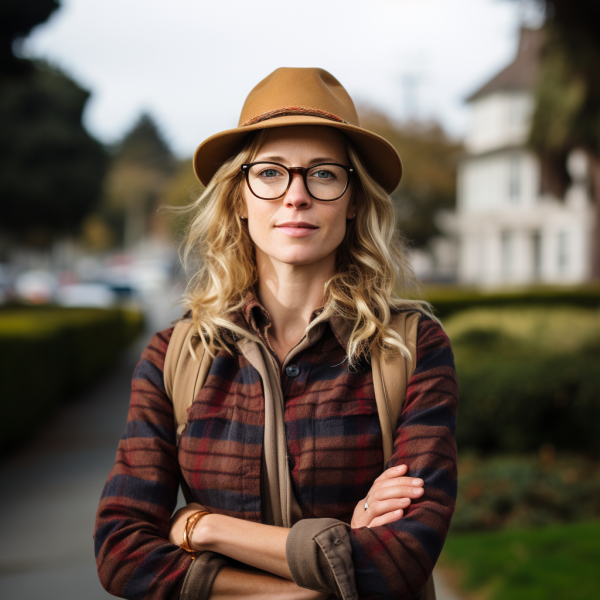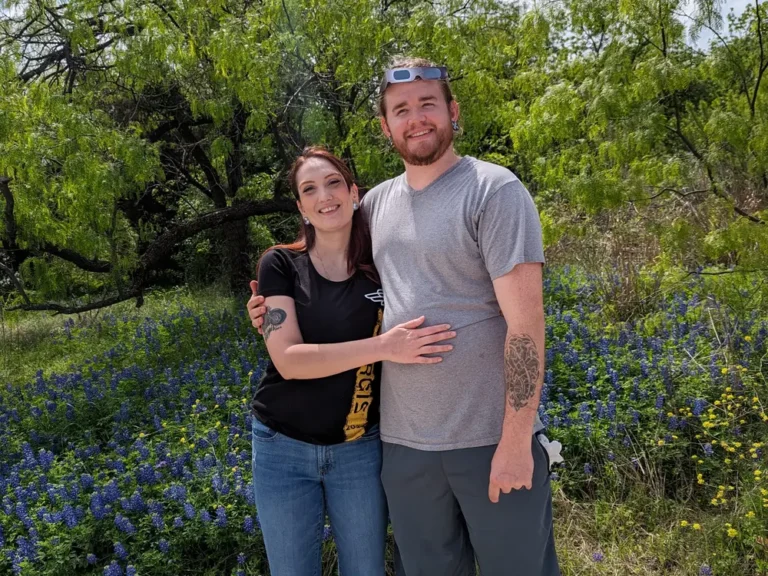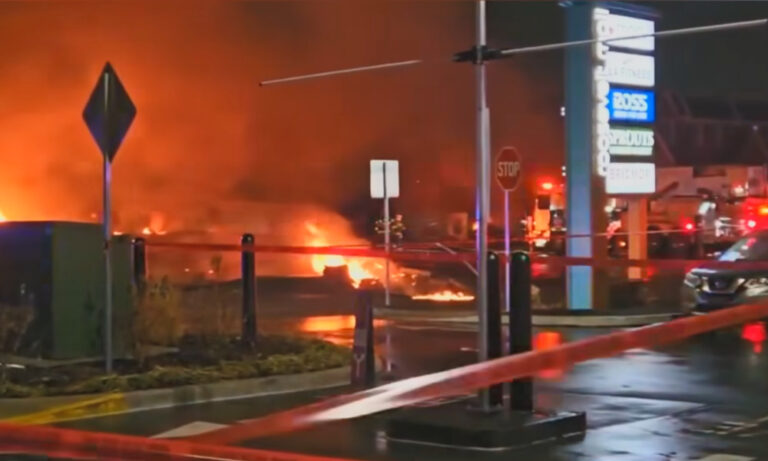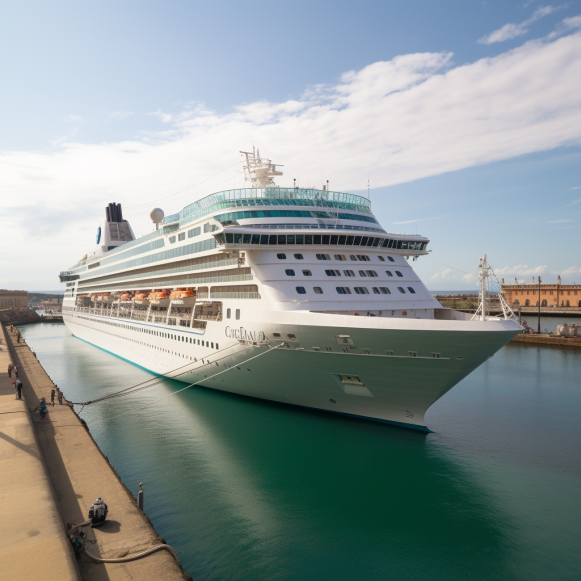San Jose’s BART extension gets oversight after major cost jump, timeline delay
Group will dig into the project’s finances, prepare recommendations by 2025
After transit officials recently revealed exploding price estimates and a significantly delayed timeline, San Jose’s BART extension, one of the nation’s most expensive transportation projects, will get a watchdog.
On Friday, the chair of the Valley Transportation Authority Board of Directors announced that the project would be reviewed by an oversight committee, which will provide recommendations and investigate the project’s finances.
“This committee will be responsible for overseeing all aspects of the project,” said Chairperson Pat Burt. It will make recommendations to the full VTA board “on any and all issues that raise concern.”
Burt recommended that members include himself, San Jose Mayor Matt Mahan and Councilmembers Dev Davis and Omar Torres, Santa Clara County Supervisor Cindy Chavez, and City of Santa Clara Councilmember Sudhanshu “Suds” Jain. The group will also include the transit agency’s auditor general.
VTA officials announced on October 4 that the project’s cost would rise to $12.2 billion, more than doubling the initial estimate. It is now scheduled to open in 2036, a decade later than originally planned.
The project is supported by a variety of local tax measures, as well as federal funds promised in 2021. Transit officials have stated that residents will not see another measure to help fund the project.
The six-mile, four-station extension would create a rail ring around the Bay Area as well as an underground tunnel beneath downtown San Jose. The U-shaped path will begin at the Berryessa Transit Center in North San Jose and loop down into the city’s downtown core before returning to Santa Clara.
The formation of the watchdog group follows calls for greater transparency regarding the project’s cost and construction delays. The initial cost estimate in 2014 was $4.7 billion, with a 2026 opening date. South Bay officials such as former San Jose Mayor Tom McEnery are among those advocating for increased oversight.
Since the transit agency’s update earlier this month, Mayor Mahan has stated that he is open to an independent or internal analysis of the extension. However, as a major supporter of the project, he stated that it should not derail the overall plans.
“I’ve heard anecdotally in conversation some people say, ‘Oh, we ought to audit that thing.’ “And I know people who just don’t believe in the project,” Mahan explained. “I believe this is one of those projects that is so important to the region that we should just get started and finish the rail around the Bay.” The benefits will accrue for future generations.”
Mahan said in a statement on Friday that the committee “must push back on rapidly rising soft costs, especially in the form of consultants and professional services, and get actual construction underway.”
The price increase has primarily been attributed to issues related to economic pressures caused by the pandemic — a phenomenon that has affected other transit projects across the country. The revised engineering and risk assessments are to blame for the timeline delay.
The meeting on Friday was devoted to going over the project’s issues in greater depth.
The majority of the rising costs — $1.1 billion — are due to rising construction material costs since 2020. According to the US Bureau of Labor Statistics, contracting for concrete installation and electrical services has increased by roughly one-third. Another $750 million increase stems from the project’s three-year delay.
The machine that will be cutting a 4.7-mile subterranean pathway beneath San Jose — the country’s largest single-bore tunnel for transit — will be responsible for the project’s 26-month delay. Officials said Friday that both the preparation work for getting the machine into the ground and the mining process itself would take longer than expected.
When it comes to building out projects like rail, American cities face unique challenges, according to Yonah Freemark, a transportation expert based in Washington, D.C. According to Freemark, there are much higher concentrations of transportation expertise outside of the United States.
“We have seen this with California High Speed Rail,” he went on to say. “It becomes this self-perpetuating thing.” Consultants are compensated more. Then cities and states rely on them to complete the work. The cycle then repeats itself indefinitely.”
Gary Griggs, the BART extension’s chief program manager, was not surprised by the comparison to other countries.
“While we’ve been doing the studies on high speed rail (in) California, and we’ve got good construction going on in the Central Valley, China has basically connected every major city in their country with high speed rail,” he went on to say. “As a result, other parts of the world can do things faster.” And we need to figure out how to do it better here.”





